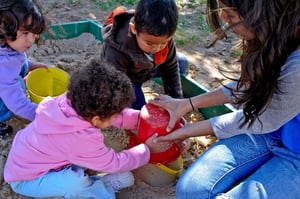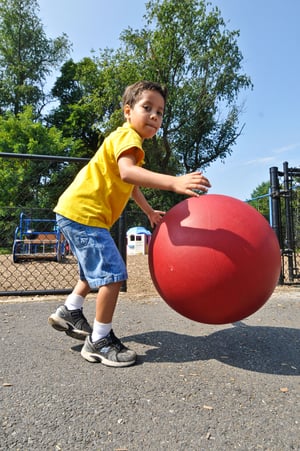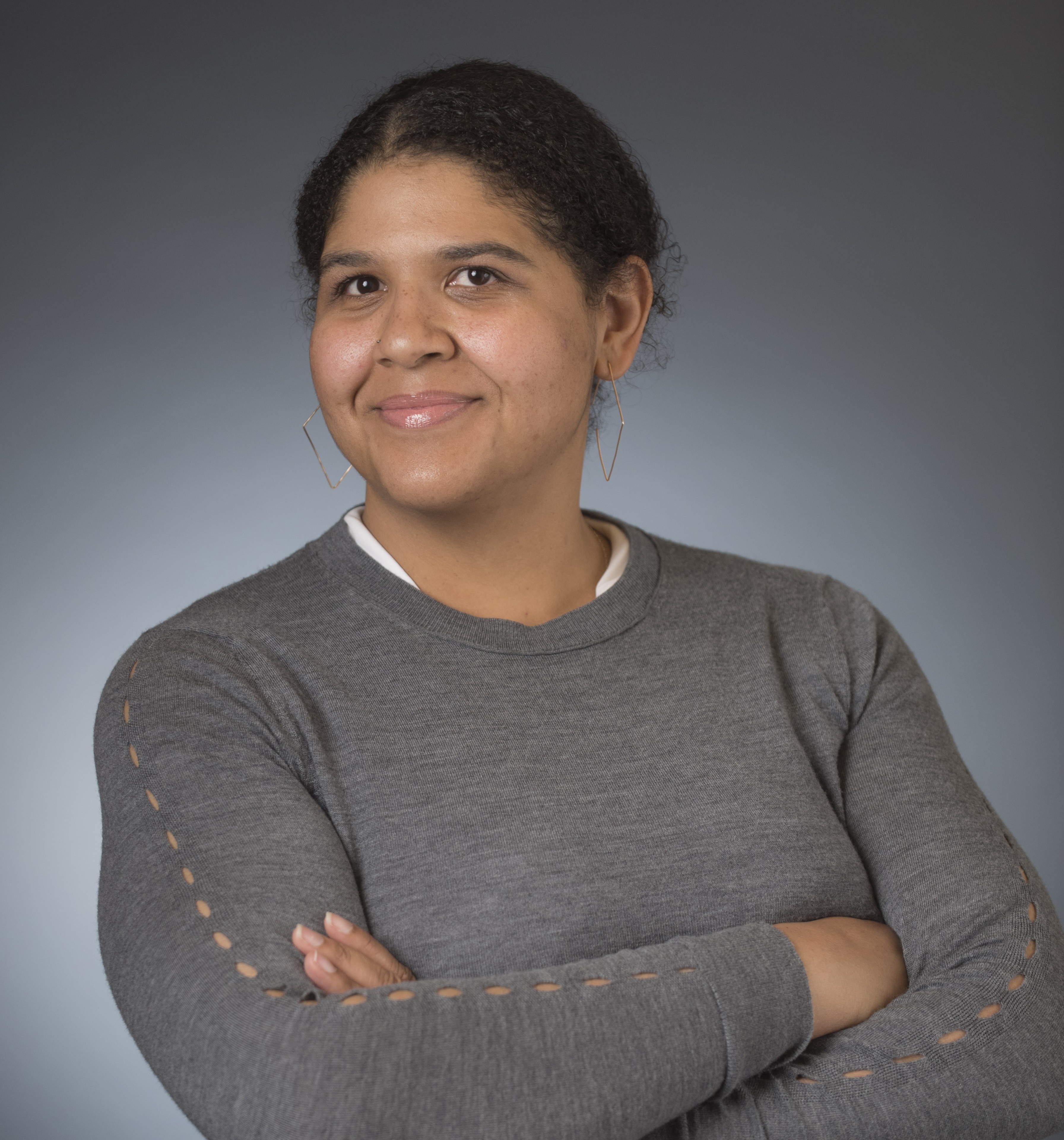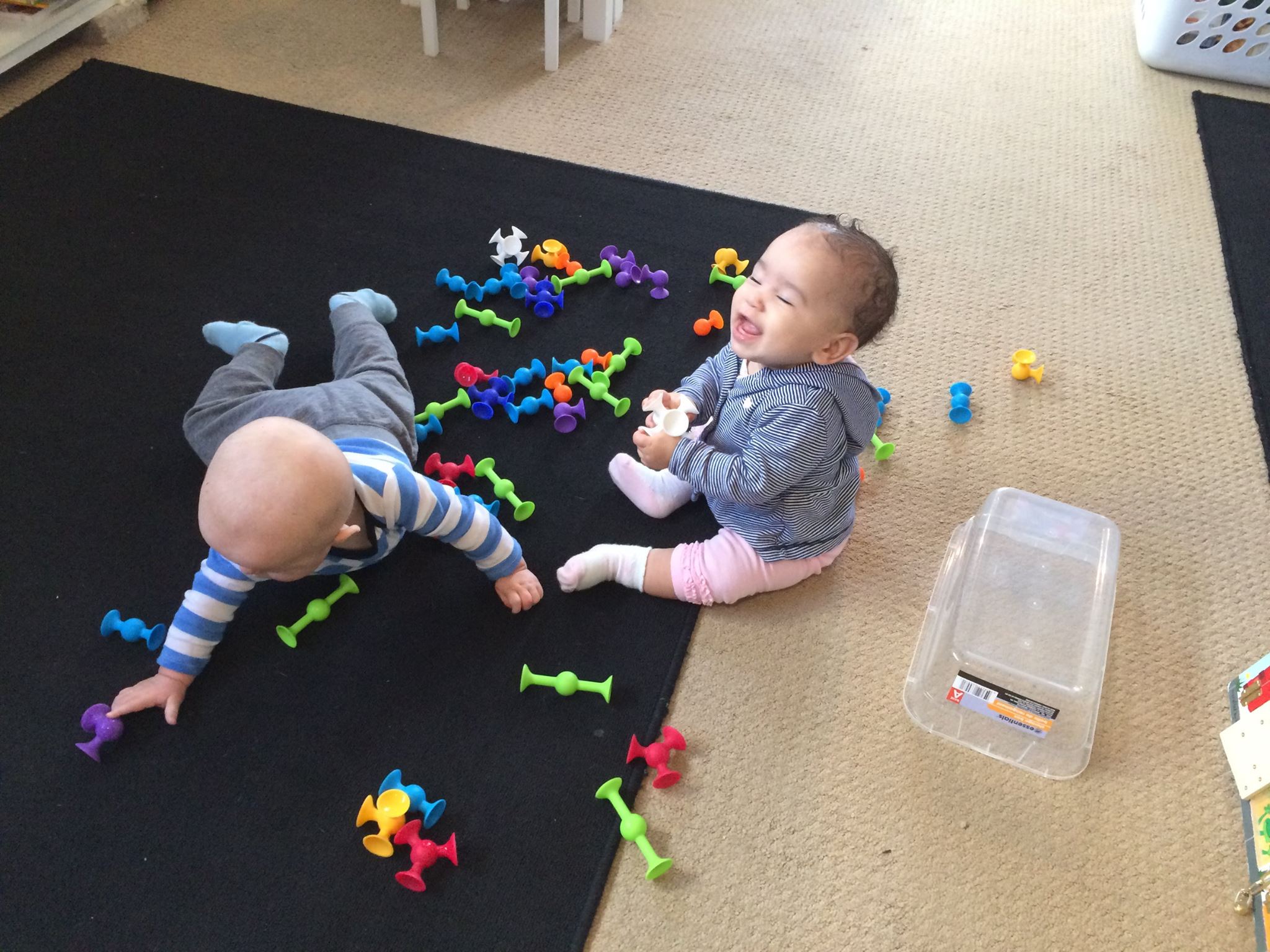 News coverage from Louisville, Kentucky highlights a World Health Organization report that found that 41 million children worldwide are overweight or obese. In Louisville, 18 percent of children entering kindergarten are overweight or obese. This is only slightly higher than the national numbers:
News coverage from Louisville, Kentucky highlights a World Health Organization report that found that 41 million children worldwide are overweight or obese. In Louisville, 18 percent of children entering kindergarten are overweight or obese. This is only slightly higher than the national numbers:
- Approximately 17 percent of children and teenagers (ages 2 to 19) were obese from 2011 to 2012, and 31.8 percent were either overweight or obese.[1]
- More than one-in-12 children (8.4 percent) are obese in early childhood (2- to 5-year-olds).
- By ages 12 to 19, 20.5 percent of children and adolescents were obese.
- More than 2 percent of young children were severely obese, 5 percent of 6-to-11-year-olds were severely obese and 6.5 percent of 12- to 19-year olds were severely obese.[2]
- Racial and ethnic inequities persist among children also; 22.5 percent of Latino children and 20.2 percent of Black children are obese, compared to 14.1 percent of non-Latino White and 6.8 percent of Asian-American children.
Being at an unhealthy weight is not the problem by itself—it is that along with the weight comes chronic diseases like type 2 diabetes, high blood pressure, sleep apnea, and, poor self-esteem. Physicians in the video state that it is up to parents to teach children healthy habits—to be active and eat well themselves. Parents should teach children about healthy foods by preparing meals with their children and help children follow the 5-2-1-0 rule:
- 5 fruits and vegetables per day
- 2 hours or less of screen time (though the AAP recommends no screen time for children under 2)
- 1 hour or more of physical activity
- 0 sugary drinks
But what about when children are in child care?
Nearly 15 million children are in some type of child care setting every week, for an average of approximately 36 hours per week. That is prime learning time for healthy habits. This means that child care providers are with children during critical meals (lunch and sometimes breakfast) and during the majority of the day—all opportunities to model the 5, 2, 1, 0 rule.
 It can be difficult to know how to work healthy eating and physical activity into the day, but many resources are available to help providers and teachers integrate healthy eating, physical activity and screen time reduction into the daily plan. Check out Child Care Aware® of America’s links to resources that help build a culture of healthy, active living in child care settings for children.
It can be difficult to know how to work healthy eating and physical activity into the day, but many resources are available to help providers and teachers integrate healthy eating, physical activity and screen time reduction into the daily plan. Check out Child Care Aware® of America’s links to resources that help build a culture of healthy, active living in child care settings for children.
What can be more difficult is helping child care providers make healthy choices for themselves. Taking care of others, especially children, is demanding work. It is hard to prioritize taking care of one’s self. However, doing so can make it easier to model healthy choices for the children in our care.
Child Care Aware® of America is interested in celebrating providers who make the healthy choice in their child care environment. We want to know and share how child care providers care for themselves and become models for the children in their care day-to-day, which is why we are holding a Child Care Workplace Wellness Raffle.
On May 6, 2016, Provider Appreciation Day, Child Care Aware® of America, the CDC, and the Nemours Foundation will announce five winners who have provided stories about their workplace wellness initiatives.
[1] Ogden CL, Carroll MD, Kit BK, Flegal KM. Prevalence of childhood and adult obesity in the United States, 2011-2012. JAMA, 311(8):806-814, 2014.
[2] Skinner AC, Skelton J. Prevalence and Trends in Obesity and Severe Obesity Among Children in the United States, 1999-2012. JAMA Pediatrics, doi:10.1001/ jamapediatrics.2014.21, 2014.






